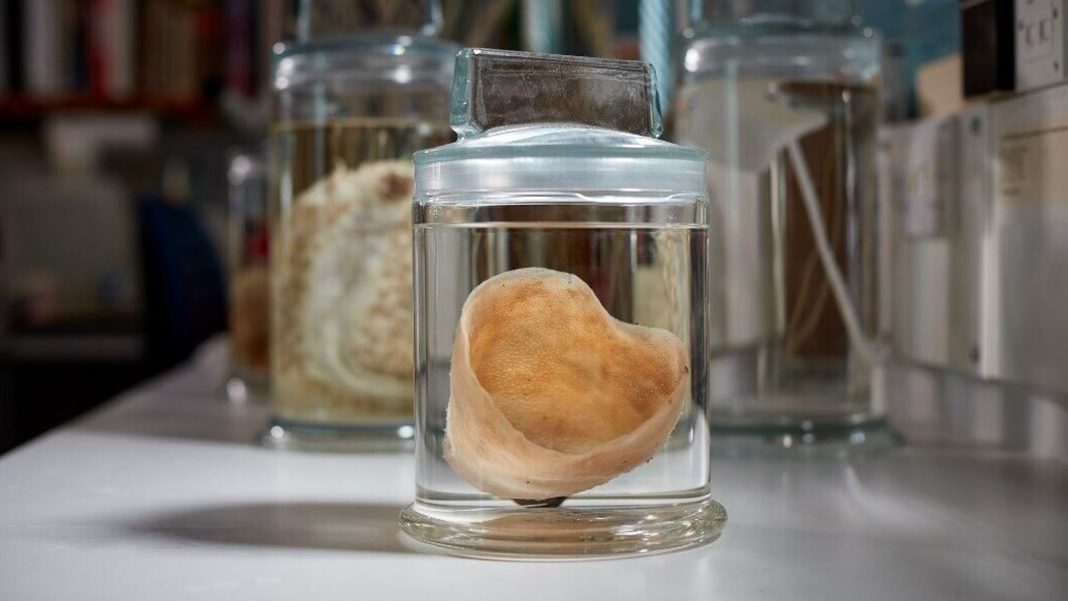Controversial proposals to mine precious metals in the deep sea are being discussed at key international talks.
Environmental groups warn a “gold rush” to extract minerals from the seabed would be catastrophic for the marine environment.
But mining companies argue that cobalt, nickel and other metals are critical in the race to net zero – and removing them from the deep ocean would cause less damage than sourcing them on land.
The talks, at the International Seabed Authority (ISA) in Jamaica, have added urgency because a ban on deep sea mining expired earlier this month, allowing companies to apply for a commercial licence even though there is no code in place to regulate activities.
The Metals Company, a Canadian mining company, confirmed to Sky News that it plans to submit paperwork to begin extracting minerals from the deep ocean abyss near the Pacific island of Nauru.
Gerard Barron, the company’s CEO, said: “It’s right for people to be cautious.
“If you look at the land-based mining industry it hasn’t had a great record, but this is a very different resource.
“If we apply the simple logic that we should carry out extractive industries in parts of the planet where there is the least life, not the most life, then this would be the perfect place to collect metals for batteries.”
The minerals are concentrated in rocky lumps that are scattered across the seabed around 2.5 miles below the surface of the Pacific Ocean.
Some deep sea specimens. Pic: Natural History Museum
But scientists from the Natural History Museum sent robotic submersibles down to the seabed earlier this year and found an extraordinary variety of life. Some creatures were physically attached to the mineral nodules.
The researchers estimate there could be 8,000 previously undescribed species living on the seabed.
Dr Adrian Glover, who was part of the expedition, told Sky News: “At least 80% of the things that we bring up don’t have names.
“We know roughly what they are, for example is it a kind of a sea cucumber, mollusc, a crustacean or shrimp or something like that?
“But they’re a new species to science.”
Some countries, including France, are calling for a moratorium on mining in the deep ocean.
Please use Chrome browser for a more accessible video player

2:47
‘Worryingly slow’ progress on net zero
Read more from Sky News:
Antarctic sea ice ‘at record low for end of June’
London summers ‘will be as hot as Nice by 2070’
The UK is also cautious, but hasn’t ruled out mining in future.
A government spokesperson said: “We recognise the growing pressure to extract deep-sea resources and are concerned about the potential impacts of mining activities on the fragile marine environment.
“This is why the UK will maintain its precautionary and conditional position of not sponsoring or supporting the issuing of any exploitation licences for deep sea mining projects unless and until there is sufficient scientific evidence about the potential impact on deep sea ecosystems, and strong enforceable environmental regulations, standards and guidelines have been developed by the International Seabed Authority (ISA) and are in place.”
But Ariana Densham, of Greenpeace UK, said the government should take a stand.
She said: “It needs to get off the fence and actively seek safeguards against the real possibility that deep sea mining could start as early as this year.
“That means joining the growing list of governments already calling for a moratorium – at this stage anything else would be completely reckless.”







